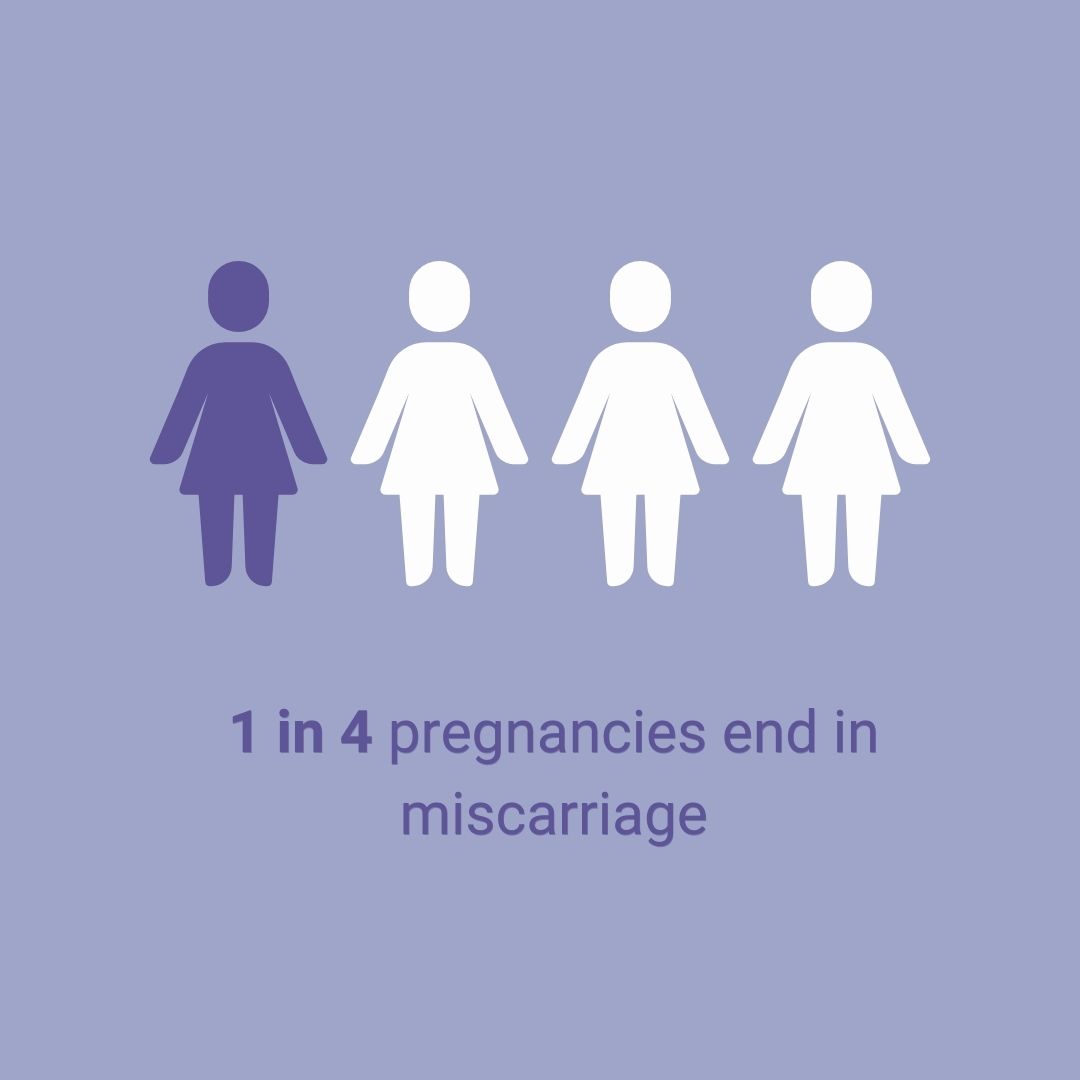Pregnancy Loss: Why 1 in 4 Pregnancies Ends in Miscarriage
- Category: Fertility
- Posted On:
Miscarriage is a devastating reality many couples face every day, and many more women experience miscarriages without even being aware of their pregnancy. While researchers aren’t certain what causes miscarriage in all cases, in most cases, the pregnancy was non-viable. Miscarriage research and statistics are complex, but as many as 1 in 4 pregnancies ends in miscarriage, and 80% of miscarriages occur during the 1st trimester. 
Miscarriage rates are higher in women with more advanced maternal age, women who abuse drugs, and women with certain diseases, such as thyroid disorders or diabetes.
The good news is that having one miscarriage doesn’t necessarily indicate you have a fertility problem, and 87% of women who have miscarriages go on to have normal pregnancies and births. While it’s impossible to eliminate the risk of miscarriage, fertility specialists recommend optimizing your health before you attempt to conceive, so your pregnancy has the best chance of an optimal outcome. This includes ensuring all vaccines are up-to-date, reviewing your diet, and limiting or avoiding alcohol and caffeine.
How Can I Prevent Miscarriage?
Enduring the heartbreak of a miscarriage is painful, and women often feel a sense of guilt and shame the pregnancy did not succeed. The truth is most miscarriages occur for reasons completely outside of the control of the mom-to-be. In most miscarriages, the pregnancy ends because it is not viable, usually because of chromosomal abnormalities that are incompatible with life. Unfortunately, there’s not much you can do to prevent a miscarriage other than maintaining a healthy lifestyle before you conceive.
What Causes Recurrent Miscarriage?
If you’ve had 2 or more consecutive miscarriages, it is called recurrent pregnancy loss. Women over 35 tend to have an increased risk of miscarriage, which is related to diminished egg quality leading to chromosomal abnormalities. Other women have uterine abnormalities or a faulty immune system. Some of the commonly supposed reasons for miscarriage that are not related to pregnancy loss include environmental factors, stress, and occupational factors.
Overcoming Miscarriage with the Help of Palm Beach Fertility Center
At Palm Beach Fertility Center, we have had great success helping women conceive successfully, even after recurrent miscarriages. There are new therapies for recurrent pregnancy loss, and there is hope. Our fertility experts are working diligently to improve statistics by providing comprehensive fertility treatment when evaluating women who have suffered multiple miscarriages. If you are looking for help after suffering multiple miscarriages, contact our dedicated fertility team today.
